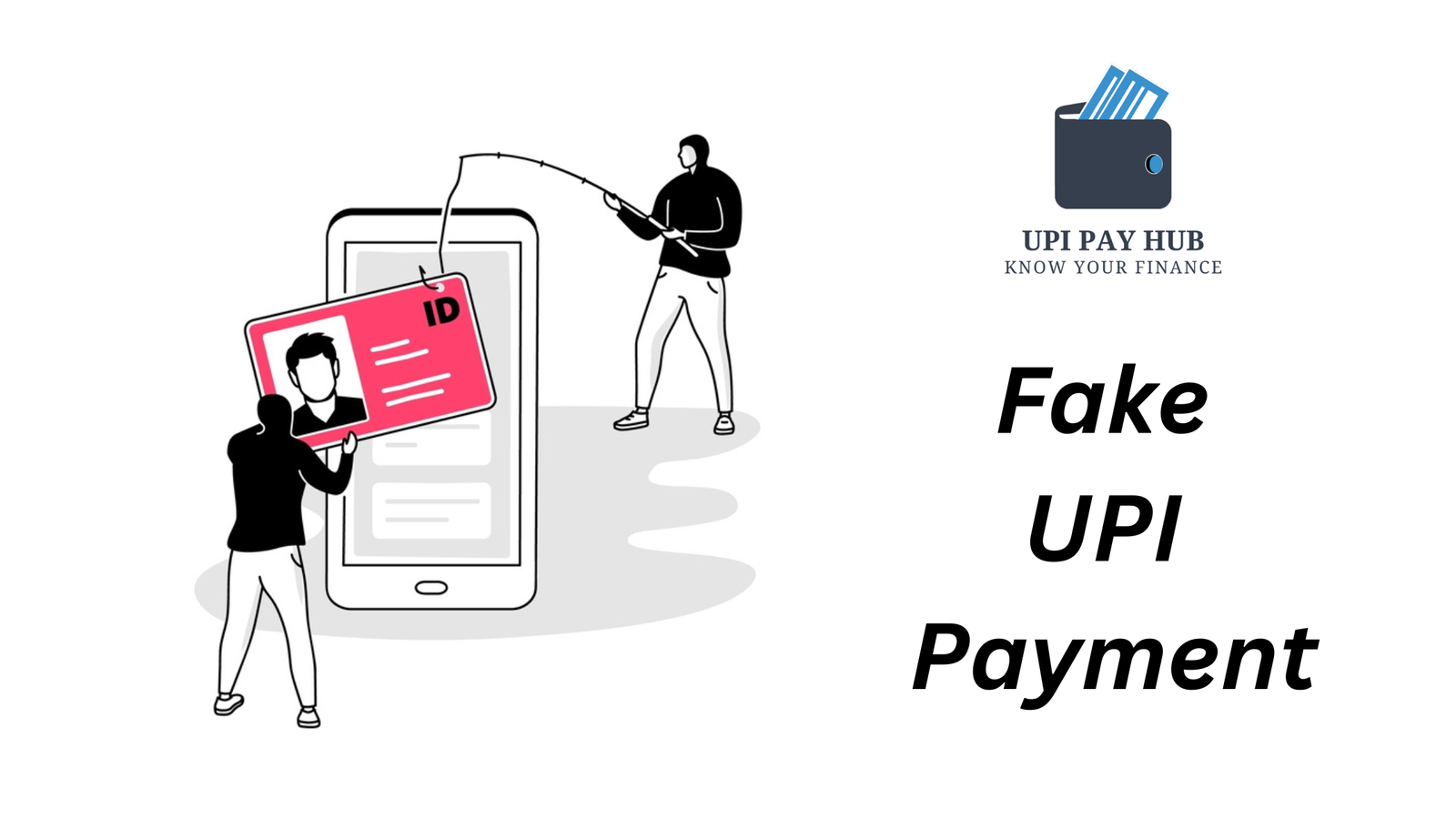In India, the Unified Payments Interface (UPI) introduced a new approach to doing business which made the whole process of payment easy and without any break. However, its rapid taking has raised fraudulent activities where individuals who were unsuspecting end up being the victims. This blog post covers the details of false UPI payments, how these fraudsters operate and ways one can protect themselves.
What Are Fake UPI Payments?
Fraudsters pretend to make payments using the UPI that do not really exist. They do this by deceiving people to send money or disclose sensitive information through different fake payment generators, phishing attacks, social engineering amongst others.
Common Types of UPI Frauds
1. Phishing Scams:
What scammers do is they send emails or messages of a kind that seem they are from real sources, making the recipients give them the personal information or go to the malicious websites by clicking.
2. Fake UPI Payment Generators:
These tools purport to produce instantaneous UPI payments but, in actuality, are created in order to trick people and confiscate their information.
3: Social Engineering:
Scammers steal a person’s or institution’s name and then use it to lure victims into revealing secret information.
How Fake UPI Payment Generators Work
Malicious tools that simulate real transactions are operated by Fake UPI payment generators. For instance, they make up fake receipts or confirmation messages to trick people into thinking that they have paid for something. Nonetheless, there is no actual transaction involved because the recipient could give away his own property/product due to a phony confirmation in this case.
Identifying Fake UPI Payments
If you want to recognize the cause of fake UPI payments, you should consider some red flags like unusual urgency in requests for payments, or discrepancies between related sender details. Before going on with that transaction always check out the details of the sender.
Steps to Avoid UPI Fraud
1.Verify Before You Transact: Before sending money, check the recipient’s data again.
2.Be Wary of Unsolicited Requests: Avoid replying to any unexpected requests for money and/or personal information.
3.Use Official Apps: Avoid any unofficial sources so as to download UPI apps, always get them from Google play store or Apple app store.
Protecting Your UPI Account
- Enable Two-Factor Authentication: Turning on two-factor authentication can make it harder for an unauthorized person to get into your account, thereby enhancing its security level.
- View your transactions: Examine your bank statement and UPI transaction history for potential fraud on a regular basis.
- Secure Your PIN: Never give anyone your UPI PIN or OTP and use different, powerful passwords for all your accounts.
What to Do If You Are a Victim
Should you fall prey to such a swindle, just click on the UPI PIN on the UPI app. Moreover, change your sign up details after making a deal with the bank or the app company, then, for additional evidence like the transaction IDs and screenshots send them an mail. If possible, report the matter to your nearby police station, too.
Real-Life Scenarios
1.Fake Lucky Draws: Scammers make victims believe they have won a prize which they could get after sending a small amount through UPI. A scammer ends up taking the fee and there is no prize.
2.Investment Scams: Scammers guarantee extraordinary profits from investments and request for payment through UPI. After sending the money, the con artist leaves.
3.QR Code Scams: Instead of adding funds to it, scammers are sending QR codes that withdraw money from the victim’s account upon scanning.
The Role of Awareness and Education
Awareness is the initial level of protection to UPI frauds. Users can recognize and protect themselves against scams by being educated using educational campaigns or resources. In continuously educating their customers on possible threats and safe practices banks and other financial institutions must keep doing this.
Legal and Regulatory Measures
The Reserve Bank of India (RBI) along with the government of India are currently making efforts to minimize the cases of UPI fraud in the country. Already they have put in place directives that will safeguard client’s cash such as transaction limits and tighter verification methods.
Future of UPI Security
Fraudsters’ techniques are always changing as technology is improving. To keep up with them, continuous enhancement in terms of security protocols and user education becomes so important for us. In the near future, biometric authentication among other innovations might be what will make up UPI security.
Also Read: UPI Full Form – All You Need to Know About
Conclusion:
Users can safeguard themselves from falling victim to fraudulent UPI payments by comprehending the usual types of scams, identifying fraudulent activity signs as well as adhering to secure transaction best practices. Just know what is happening, be careful and secure the safe digital payment process.

